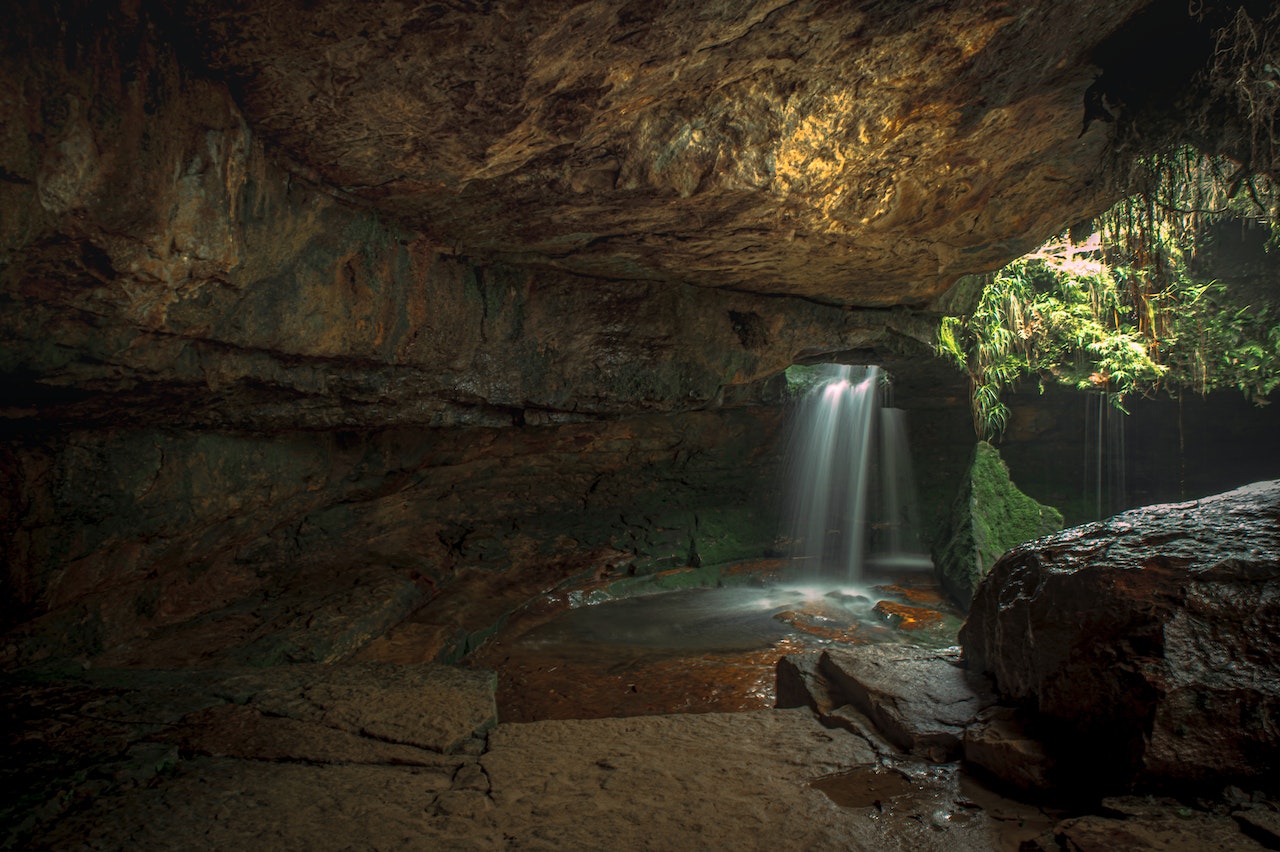Whether you’ve dealt with a lawsuit or not, you’ve probably seen them in enough movies and TV shows to have some idea what they are about. One of the longest, most expensive, and most important phases of a lawsuit is called “discovery,” which is exactly what it sounds like. In discovery, parties submit requests to each other to gain information and evidence to which they would otherwise not have access. They do so using discovery requests. This blog post discusses the forms that those requests may take, specifically within the context of proceedings in front of the Trademark Trial and Appeal Board.
Discovery Period
Both trademark cancellations and oppositions have a discovery period in which the parties may serve discovery requests on one another. Once a party serves the other with requests, the receiving party will have 30 days to prepare and serve responses. Keep in mind that in order to give the receiving party time to respond, all discovery requests must be served at least 30 days prior to expiration of the discovery period.
Requests for Admissions
The first type of discovery request is called a request for admissions. This is the most straightforward type of request. The requesting party asks for the receiving party to either admit or deny certain statements or facts. While these requests are simple, they typically do not yield as much useful information as the other types of discovery requests, especially since the receiving party is not obligated to make any statements other than “admitted” or “denied.”
Interrogatories
This type of discovery request is where things begin to get more interesting. Interrogatories are questions for the receiving party. They can be used to ask for relevant dates, sales data, explanations of how or why a party made certain decisions, or anything that would be relevant to the claims made in either the Petition for Cancellation or Notice of Opposition. When used effectively, they can provide clarity and an understanding of the key facts in the case.
Requests for Production
This last type of discovery request is extremely useful and can yield crucial evidence for a case. Requests for production ask the recipient to turn over documents and other types of evidence (electronic and/or physical) that may be in a party’s control. Typically, these documents will relate to marketing, advertising, and sales data, although any relevant subject matter is potentially fair game for these requests. The types of things produced can vary a lot, but they commonly take the form of emails, invoices, spreadsheets, flyers, letters, and other types of documents and materials.
Need Assistance with Discovery?
If you are involved in trademark cancellation or opposition proceeding and are representing yourself, you should strongly reconsider. While you can describe these proceedings as “mini-lawsuits,” the procedures are very similar to those used in a civil suit. Like a civil suit, if you try to represent yourself, you will have a much lower chance of success. If you would like to speak with me, please feel free to call me at (480) 360-3499, email me at kevin@yourtrademarkattorney.com, or complete the contact form found on this page to schedule your free initial consultation today. I look forward to speaking with you.


